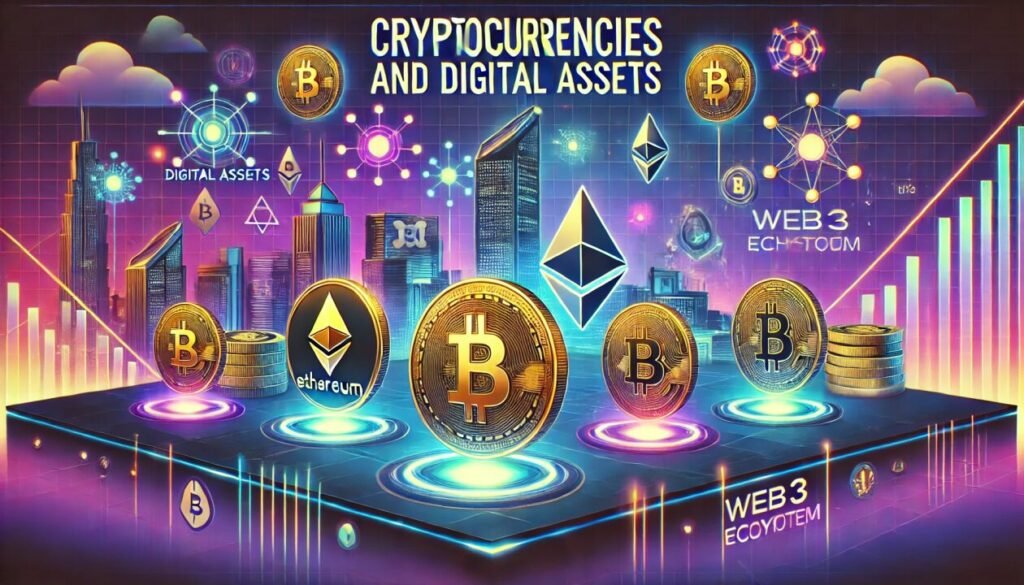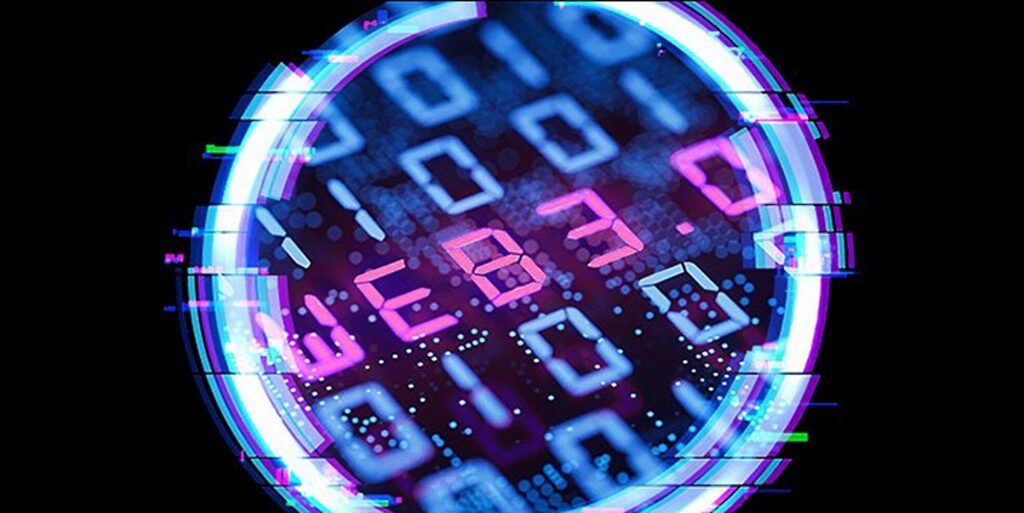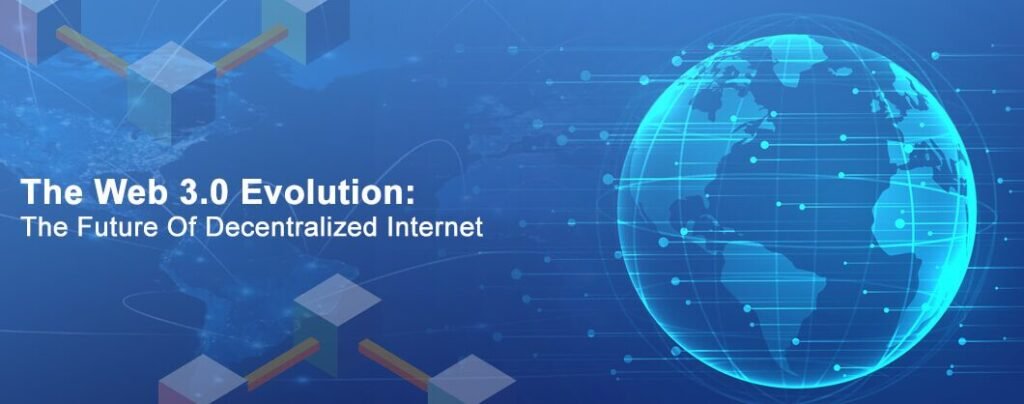Why Web3 Matters: A Closer Look at Indonesia’s Digital Leap Forward
July 31, 2025

Web3 explained Indonesia: The evolution of the internet has gone through several clear stages. Web 1.0 was primarily static—a place for reading and retrieving information, mostly used by institutions and researchers. Web 2.0 introduced social interaction, giving rise to platforms where users could share, connect, and collaborate. That version still dominates today. But now, Web3 is emerging. It builds on blockchain technology to create a more decentralized, user-controlled internet. Instead of tech companies owning your data, Web3 gives users control through crypto wallets, smart contracts, and decentralized applications.
What does decentralization mean in simple terms?
In the context of Web3, decentralization means no single entity controls the platform or network. Data, transactions, and digital identities are stored and managed on blockchains—public, tamper-proof systems that distribute authority across participants. In practice, this can mean more transparency and fewer middlemen. For Indonesia, which has a fast-growing digital economy but ongoing concerns about platform control and data protection, decentralization offers an appealing alternative to centralized digital services.
How does blockchain power Web3, and is it already being used in Indonesia?

Source: Linkdein
Blockchain is the underlying engine that powers most of Web3. It’s a digital ledger that securely records transactions across multiple computers, making it extremely difficult to alter or manipulate data. In Indonesia, blockchain use is expanding beyond crypto trading. Startups are integrating blockchain for supply chain visibility, intellectual property protection, and even tokenized assets—such as tokenized gold, which blends a trusted physical commodity with digital ownership through Web3 innovation.
What are smart contracts, and why do they matter?
Smart contracts are self-executing programs that run on blockchains. They perform actions automatically when specific conditions are met—like sending payments or issuing digital certificates. No need for middlemen, approvals, or delays. These are important in sectors like finance, real estate, and education. For example, in Indonesia, where trust and bureaucracy can sometimes slow things down, smart contracts can enable faster, more reliable peer-to-peer agreements.
What types of Web3 applications are relevant in Indonesia?

Source: BAP SOFTWARE
Several Web3 use cases are taking root in Indonesia. Decentralized finance (DeFi) is one of the most prominent. With millions of Indonesians still without bank accounts, DeFi platforms allow them to save, lend, and invest using only their phones. NFTs are another growing trend—Indonesian artists and game developers are using them to monetize digital work. Additionally, blockchain-based gaming (GameFi) and Metaverse projects are gaining traction among Gen Z and millennial users.
What’s the link between Web3 and digital assets like gold?

Source: Linkedin
Tokenized assets are a practical entry point into Web3, and tokenized gold in Indonesia is gaining interest. It allows gold—long considered a stable investment in Indonesian households—to be represented as blockchain tokens. These tokens can be traded, stored, or exchanged easily without holding physical gold. This bridges traditional asset trust with modern financial tools, potentially drawing new users into the Web3 ecosystem.
What’s holding back Web3 adoption in Indonesia?

Source: Deloitte
There are several limitations. First, technical literacy—many users find Web3 platforms complicated and unfamiliar. Wallets, gas fees, and private keys can be intimidating. Second, interoperability is still developing, meaning many apps don’t work smoothly with one another. Regulatory uncertainty is another challenge. While Indonesian regulators like Bappebti are actively licensing crypto exchanges, frameworks for NFTs, DAOs, and smart contracts are still in progress. Additionally, there’s a shortage of local Web3 developers, which slows down innovation and deployment.
What advantages does Indonesia have in becoming a Web3 leader?

Source: Medium
Indonesia has unique strengths. Its young, mobile-first population is digitally fluent and eager to explore new platforms. The country also benefits from rising local Web3 startups, growing investment interest, and government efforts to understand and regulate blockchain. Importantly, there’s strong public interest in both crypto and online entrepreneurship, making Web3 a natural extension of the country’s digital economy ambitions. With the right educational and infrastructure support, Indonesia could become a major player in regional Web3 adoption.
How will Web3 likely evolve over the next decade in Indonesia?

Source: DSB.EDU
In the next 5 to 10 years, Web3 in Indonesia could shift from an experimental niche to a structural part of daily life. Blockchain may be used for public records, education verification, or digital identity. Small businesses might issue tokens to raise funds or reward customers. We may see growth in community-run platforms where users vote on changes, and more Web3-based apps tailored to local markets. This evolution will depend heavily on the expansion of digital skills, open regulatory dialogue, and continued tech innovation.
Final thoughts: Why should Indonesians care about Web3?
Understanding Web3 explained Indonesia isn’t just about keeping up with a trend—it’s about recognizing a shift in how the internet is built and used. As this new version of the web takes shape, Indonesia has a rare opportunity to help define it. From solving real economic gaps to building global-ready digital products, the country stands to benefit—if the right foundations are laid now. The transition won’t be immediate, but the tools are already here. It’s time to build awareness, grow the ecosystem, and take part in shaping what’s next.

